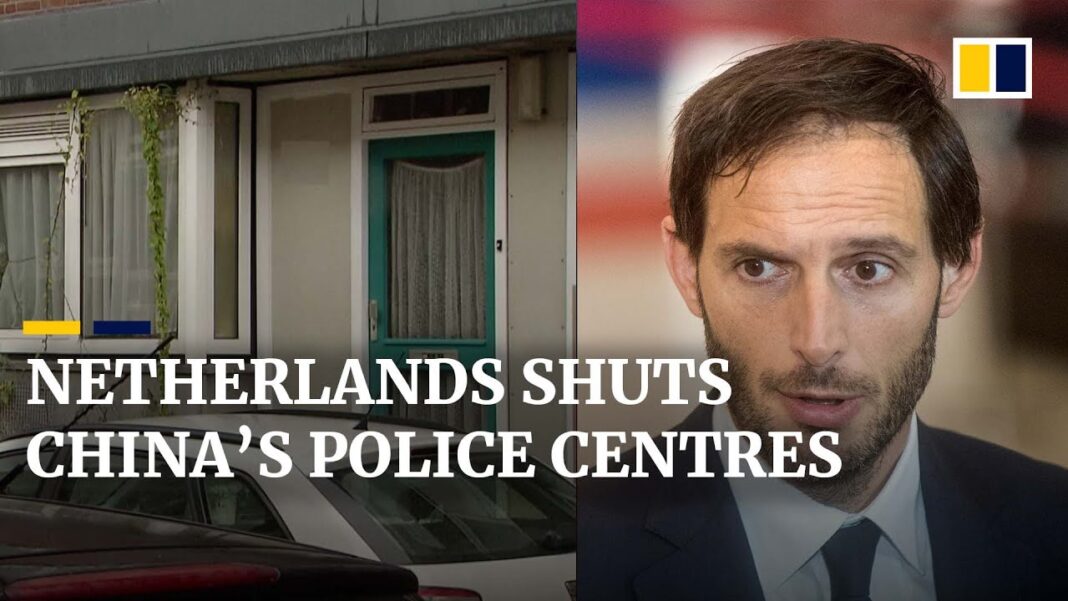Jan. 12, 2017, has proven to be an incredibly important date in American politics.
It was on this date that Igor Dancehnko’s soon-to-be FBI handler, Kevin Helson, sent an email regarding Danchenko with the heading: “Plan to convert into [confidential human source].” Danchenko, of course, was the primary source for former British spy Christopher Steele’s fictitious dossier on the 2016 Trump presidential campaign.
It was also on this same day that Department of Justice (DOJ) Inspector General Michael Horowitz announced the initiation of a sweeping review into actions taken by the DOJ and FBI in advance of the 2016 election. This probe by Horowitz—either by design or by accident—effectively tied up any outside probes into the FBI’s actions for two years.
Also, on the same date, the Foreign Intelligence Surveillance Act (FISA) warrant on former Trump campaign adviser Carter Page was renewed for the first time.
Of particular note is the role of late Sen. John McCain (R-Ariz.) in the events leading up to that day. Without McCain’s silent endorsement and the efforts by Kramer, it’s unlikely the dossier could have been published as a prelude to the events of Jan. 12. Notably, the dossier’s publication coincided with a CNN article declaring that “Intel chiefs presented [candidate Donald] Trump with claims of Russian efforts to compromise him.”
Just seven days earlier, on Jan. 5, 2017, top intelligence officials, including then-FBI Director James Comey, then-CIA Director John Brennan, then-Director of National Intelligence James Clapper, and then-Director of the National Security Agency (NSA) Michael Rogers had briefed outgoing President Barack Obama on the ICA report. Following the official meeting, Comey stayed behind to brief Obama on the dossier. It was at this meeting that Obama stated that he wanted his team to be “mindful to ascertain if there is any reason that we cannot share information fully as it relates to Russia” with the incoming Trump administration.
By Jeff Carlson






